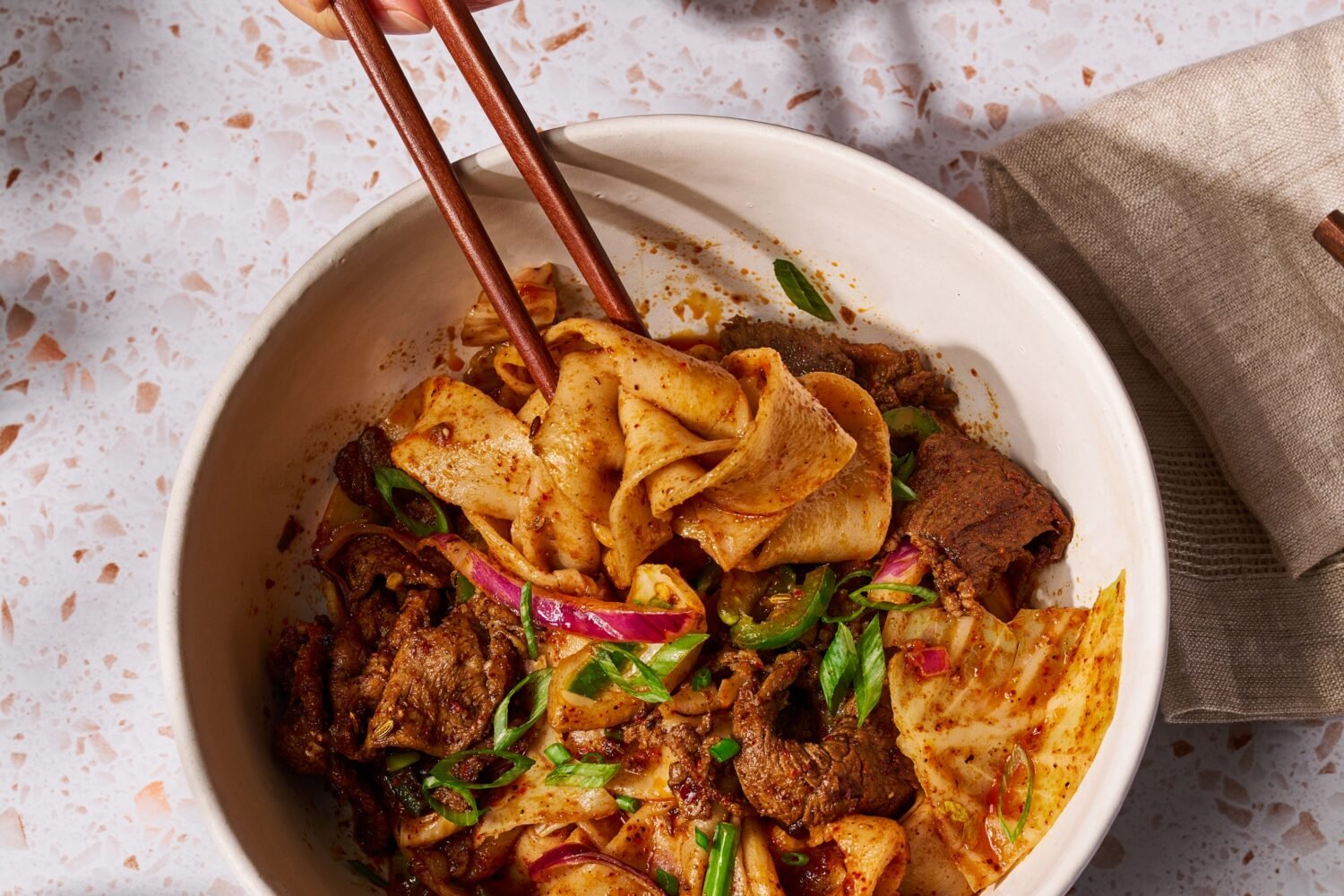President Trump hasn’t visited a single DC restaurant in his presidency so far—except the steakhouse in his own hotel. That could be about to change.
“In Washington, you do have some great restaurants,” Trump said in an interview with WMAL’s Larry O’Connor Show last week. “And I’m going to start going to them.”
In very liberal Washington, however, many restaurant owners have made it clear that they are not fans of the President. The Bird in Logan Circle offers drink specials whenever a Trump associate is indicted. And let’s not forget that the owners of Cork Wine Bar sued Trump and his DC hotel.
So, could business owners refuse Trump service?
Short answer: It might not legally be a great idea.
Federal law prohibits discrimination on the basis of gender, race, religion, and other factors, but the DC Human Rights Act goes further by including political affiliation as a protected class.
“A restaurant cannot deny service to Trump because of him being the Republican president, because of some of the policy decisions he’s making as president, because of the causes that he’s pursuing,” says attorney Jonathan Smith, the executive director of the Washington Lawyers’ Committee for Civil Rights and Urban Affairs.
But what if a restaurateur just didn’t like the guy and welcomed everyone else with similar affiliations and beliefs? “That’s a little bit of uncharted territory,” Smith says. He explains that there’s not much guidance for defining “political affiliation;” he’s unaware of that particular provision ever being litigated. But in general, the DC Commission on Human Rights and the courts have been pretty liberal in their interpretation of human-rights statutes.
“Any restaurateur who made the decision that they would serve anybody but Trump because of what Trump stands for politically is placing themselves at some risk,” Smith says. “It’s not entirely certain how the case would come out, but I think they are in some jeopardy of violating the Human Rights Act.”
There are some circumstances when restaurateurs could legitimately reject Trump’s reservation. Maybe they couldn’t meet the Secret Service’s security requirements. Maybe the President’s visit would interfere with a prior commitment to other parties. But Smith says restaurant owners would need to be careful that their excuses weren’t just pretexts to turn Trump away for political reasons.
“Anybody who’s thinking about this and is trying to find some other basis to deny service is really working at their peril,” Smith says.
Even refusing service because of fear of protests or boycotts could be legally fraught. “That becomes very complicated because what do you do when there’s a liberal president and conservative protestors or a conservative boycott?,” Smith says. “There’s a court that’s going to have to wade through what everybody’s motives were. It’s not something that one should undertake lightly.”
Then again, restaurateurs of the #Resistance probably don’t need to lose sleep over well-done steaks in their future. Trump isn’t likely to venture somewhere that doesn’t want him. He loves a crowd that loves him back.
















